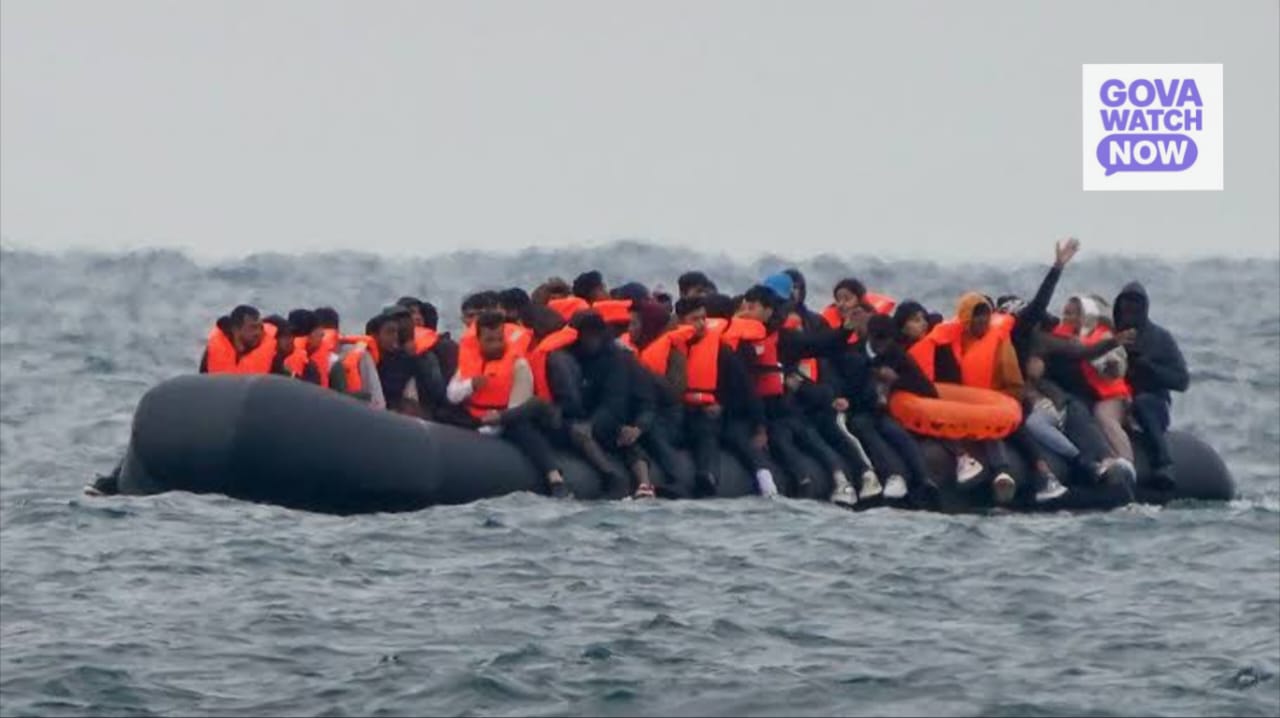Labour Defence Secretary John Healey has made a striking comparison between the recent surge in small boat crossings across the English Channel and a “taxi” service, underscoring the scale and regularity of the phenomenon. His remarks follow a record-breaking day in 2025, when nearly 1,200 migrants successfully navigated one of Europe’s busiest and most hazardous maritime routes.
Record Numbers Highlight Growing Challenge
On Saturday alone, 1,194 people crossed the Channel in small, often overcrowded vessels, the highest daily total recorded so far this year. The scenes of precarious boats and urgent rescue operations have cast a spotlight on the challenges facing the UK’s border security and asylum system, with Healey acknowledging that Britain has effectively “lost control” of its borders.
The ‘Taxi’ Analogy: A Sign of Normalisation
By likening these crossings to a taxi service, Healey highlighted how what should be exceptional and dangerous attempts to enter the country have become increasingly routine and commercialised. The metaphor illustrates the unsettling efficiency with which smugglers and traffickers are operating, ferrying migrants across the Channel with growing frequency and little deterrence.
This description points to a broader issue: the apparent normalisation of irregular migration via small boats and the limitations of current enforcement measures.
Systemic Issues Behind the Crisis
Healey’s comments also serve as a critique of the wider immigration framework. He described the asylum system as chaotic and fragmented, attributing part of the current crisis to shortcomings left by previous governments. The backlog in processing arrivals and the inability to swiftly manage asylum claims have contributed to the surge, creating bottlenecks that encourage dangerous crossings.
The minister’s candid admission signals a recognition that addressing the crisis requires more than enhanced border patrols; it demands comprehensive policy reform.
Human Impact of Channel Crossings
Beyond political debate, the situation involves individuals fleeing conflict, persecution, and hardship, willing to risk dangerous journeys in search of safety and better prospects. The precarious nature of these crossings often involving unseaworthy boats and hazardous conditions places lives at significant risk.
The government faces the complex task of balancing effective border control with humanitarian responsibilities and international cooperation to address underlying causes of migration.
Looking Ahead: Challenges and Solutions
As the UK confronts this escalating challenge, key questions remain: how can border security be restored? What reforms are necessary to overhaul the asylum process? And to what extent can international partnerships reduce the flow of migrants departing from continental Europe?
Healey’s “taxi” analogy and the record-breaking number of crossings serve as a stark reminder of a border situation under severe strain. Urgent, multifaceted responses will be required to manage this crisis in a manner that respects both legal frameworks and the dignity of those seeking refuge.




